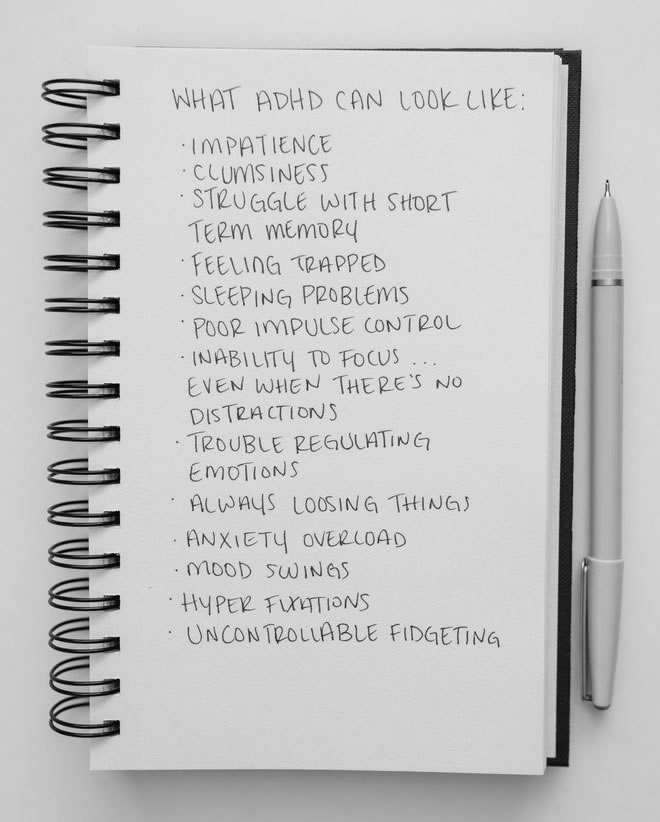1. Why should an adult consider ADHD testing?
Many adults wonder if long-standing challenges with focus, organization, or impulsivity could be ADHD. Comprehensive testing can confirm whether ADHD is present, rule out other conditions such as anxiety or sleep disorders, and guide effective treatment and support options.
2. How is adult ADHD testing different from childhood ADHD evaluations?
Adult ADHD evaluations focus on how symptoms affect work, relationships, and daily functioning. Testing often includes detailed life history, standardized assessments, and screening for co-occurring issues like anxiety or depression that may appear later in life.
3. What happens during an adult ADHD evaluation?
The process typically starts with an in-depth consultation, followed by structured assessments and interviews. Your clinician reviews attention, executive functioning, and related areas. A final feedback session provides a diagnosis, a written report, and treatment or support recommendations.
4. Can ADHD be misdiagnosed in adults?
Yes. Conditions such as generalized anxiety, depression, or chronic sleep problems can mimic ADHD symptoms. A full evaluation by a licensed psychologist helps rule out other causes and ensures the most accurate diagnosis.
5. Is ADHD testing available online for adults?
Yes. SF Stress & Anxiety Center offers secure telehealth evaluations as well as in-person appointments. Remote testing follows the same standards and is just as reliable as on-site assessments.
6. How can an ADHD diagnosis help with work or school?
A diagnosis can provide documentation to request workplace accommodations such as flexible scheduling, quiet spaces, or task management tools. For students, it may support requests for extended test time, note-taking assistance, or tailored learning strategies.
7. Does insurance cover ADHD testing for adults?
Coverage varies by insurance plan and location. SF Stress & Anxiety Center can help you understand current coverage options and assist with any required documentation.
8. What are the signs of ADHD in adults?
Common signs include chronic forgetfulness, trouble managing time, difficulty finishing projects, restlessness, and feeling overwhelmed by daily tasks. Some adults also experience mood swings or persistent procrastination.
9. Can treatment begin immediately after diagnosis?
In many cases, yes. Your clinician will recommend a treatment plan that may include therapy, coaching, lifestyle strategies, or referral to a medical provider for a medication evaluation.
10. What if testing shows I do not have ADHD?
If ADHD is ruled out, the evaluation will still provide valuable insights into other factors affecting focus and mood. Your clinician will share detailed findings and suggest next steps, which may include therapy for anxiety, depression, or sleep issues.


